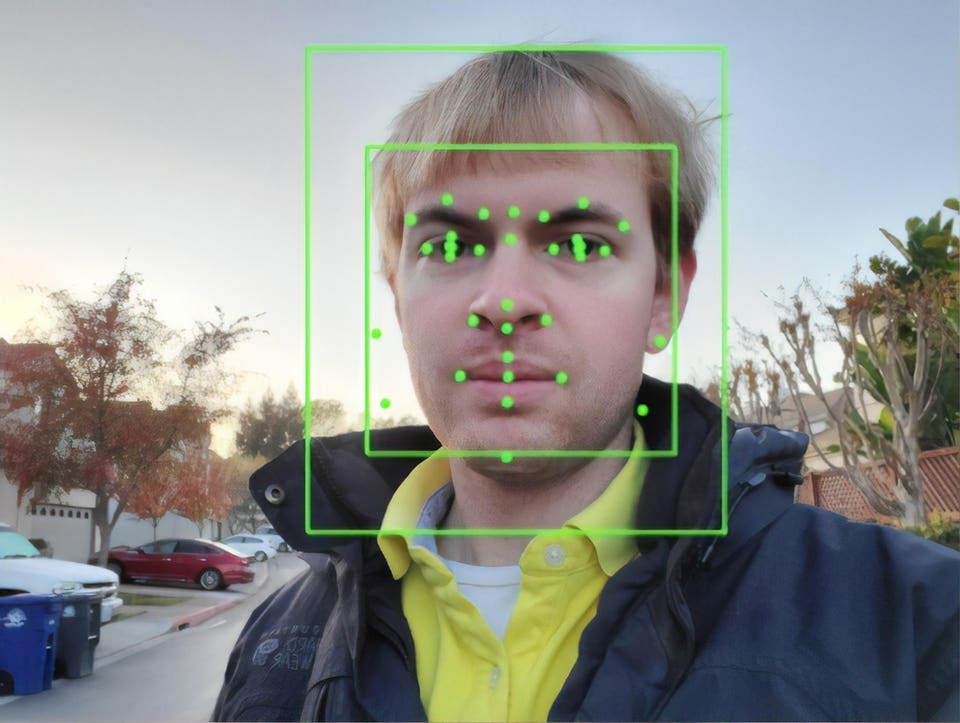Imagine having AI as your partner. How would that change your organization and your outcomes? How can you harness this power to create a culture of innovation and economic value? In this series of articles, we will explore the impact of Generative AI, especially large language models. We’ll find ways that they can boost your efficiency, enhance your customer and employee experience, and help your organization thrive.
Large language models (LLMs) produce answers to questions, summarize information and generate creative content. LLMs are different from traditional applications that rely on predefined rules or algorithms to perform specific tasks. While many of the first generation of commercial LLMs like ChatGPT, Claude and Bard are trained to answer general purpose questions, the next generation are being built with more focused datasets.
They will be able to solve more domain specific challenges with greater depth. The challenge with LLMs today is what Rodney Brooks, the former computer science chief at MIT calls performance vs. competence.
If a human achieves something exceptional, like figuring out how to fold every protein — a Nobel Prize-level problem — you would assume that, having spent a lifetime achieving that outcome, they would understand what to do with that knowledge or why it is important. In other words, you would assume that person to be competent. The problem with AI currently, and this may change dramatically over the next 18 months, is that while an AI figured out how to do protein folding, it has no idea why, what to do with it or the implications.
It is performant, but not competent. This is both the opportunity and the limitation of current AI. It can dramatically improve human performance, but not yet human competence.
That is up to us. While Silicon Valley is revving up for the AI revolution, Rodney Brooks believes that the current round of AI innovation will have limited impact because of its competence. Indeed, this is what we are hearing in the trenches.
In a conversation this week, Brad Jackson, CEO of Slalom, one of the larger software integrators, explained that clients have for the most part not figured out how to extract value from LLMs yet. In the situations where his clients have had breakthroughs, they have been different than what they initially set out to do. Lots of smoke.
Maybe fire? Other experts disagree with Brooks on the potential of recent AI breakthroughs, like LLMs. Ken Goldberg, longtime AI skeptic and head of UC Berkeley’s computer science efforts is convinced that we are on the path to the breakthroughs AI has long promised. There’s a reason this is important.
The rate at which AI develops will determine the impact on industry, on jobs and on the economy. The digital revolution took decades, leaving time for organizations and individuals to up skill or age out of the workforce. To take advantage of information technology, companies needed new tools, new infrastructure, new ways of working and a more educated labor pool.
Many pieces needed to fall into place. When the AI fire comes, it seems like it will burn hot and fast. Less like a barbeque, more like a meteor strike.
This is not necessarily the bad thing that it sounds like. Over the next decade, major industries like healthcare, technology, and manufacturing companies will face a cost crunch, a labor crunch and rising demand — all at the same time. As Hal Varian, Chief Economist of Alphabet, the parent company of Google has said, “Automation, in my view, is coming along just in time to address this coming period of labor shortages.
” Will AI save us? In this series, we’ll find out. .
From: forbes
URL: https://www.forbes.com/sites/jonathanbrill/2023/05/26/will-ai-save-us/



